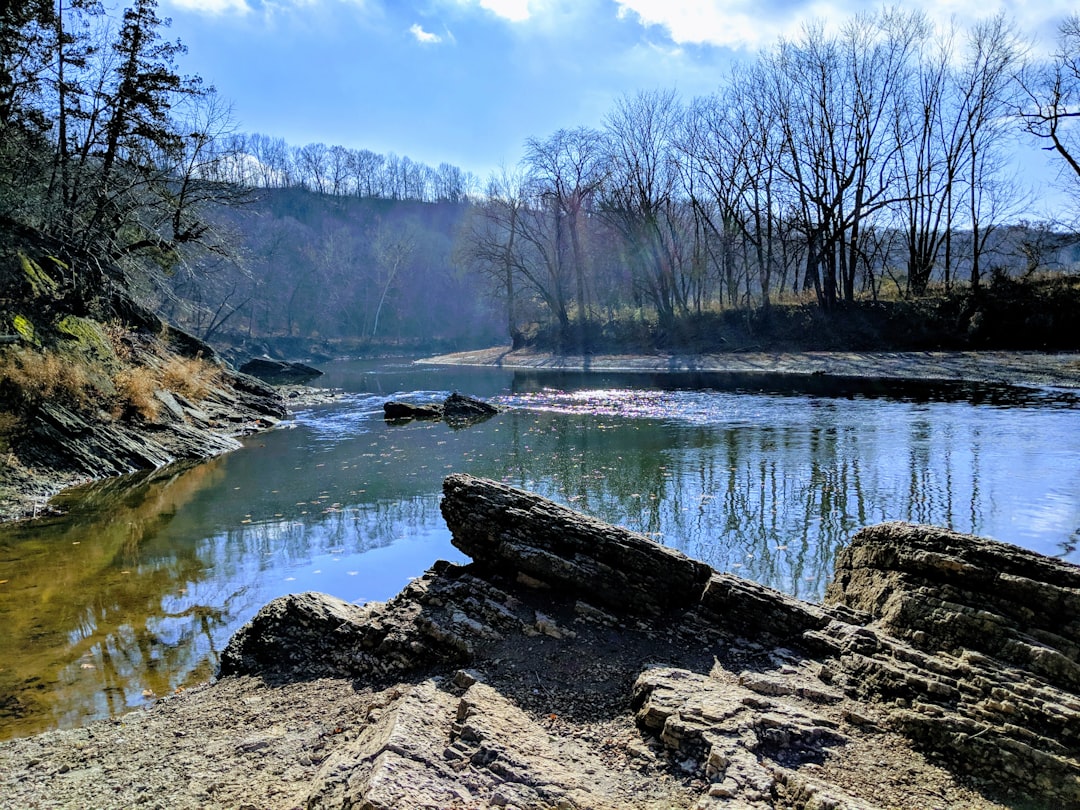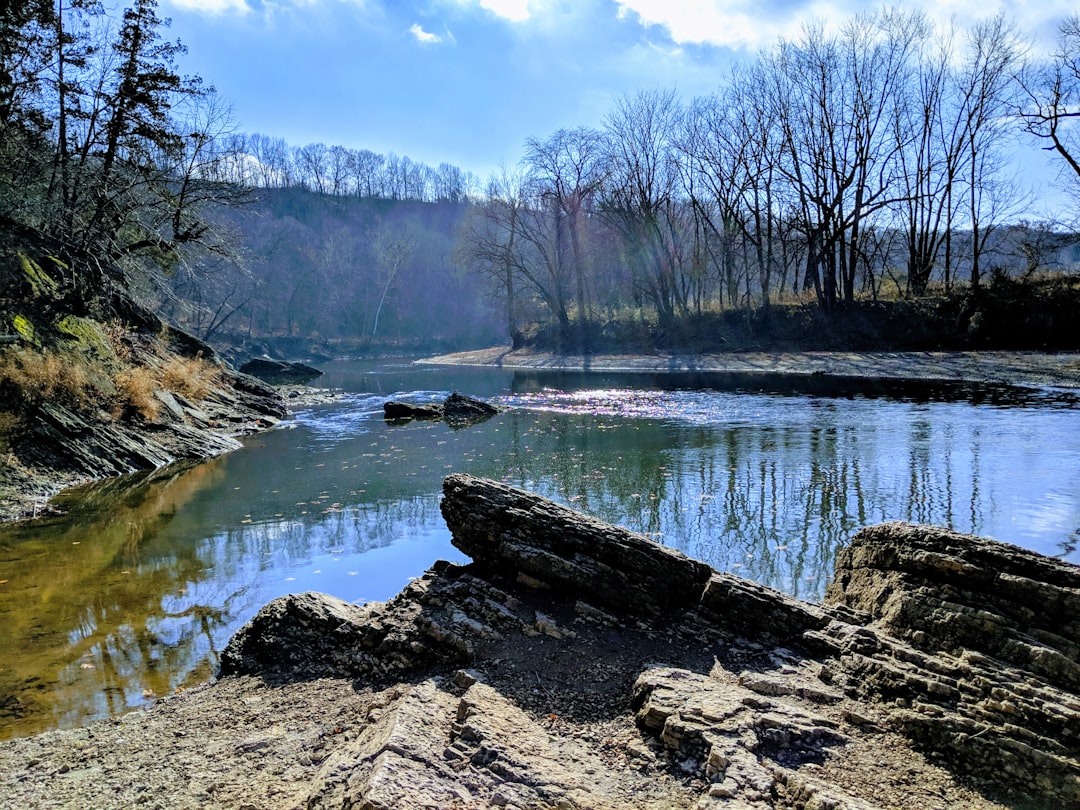In Illinois, hazing and sexual assault are strictly regulated by state laws, with specialized law firms offering guidance to victims. These firms navigate legal complexities, emphasizing consent laws and providing support for reporting, investigation, and legal action against perpetrators. They collaborate with advocacy groups to promote awareness, safety, and healing for survivors, empowering them to come forward with assured legal backing.
In Illinois, hazing sexual assault on college campuses is a pressing issue. Understanding the state’s unique hazing and consent laws is crucial for both victims seeking justice and law firms offering support. This article delves into effective strategies for representing hazing abuse victims at Illinois colleges. We explore legal actions against educational institutions, the vital role of law firms in advocacy, and practical approaches to ensure fair outcomes.
Understanding Illinois' Hazing and Consent Laws

In Illinois, hazing and sexual assault are taken very seriously under state laws. Understanding these laws is crucial for students facing allegations or seeking justice. The Hazing Abuse Prevention Act defines hazing as any act that endangers or threatens a student’s health or safety, or violates their privacy, in the name of building camaraderie within a group or organization. This includes non-consensual sexual acts and harassment.
If you’re looking for legal help in Illinois regarding hazing or sexual assault, specialized law firms with expertise in these areas can provide guidance. These firms understand the complexities of such cases and advocate for victims’ rights under both criminal and civil laws. The state’s consent laws emphasize the importance of clear, voluntary, and enthusiastic agreement in sexual interactions, with penalties for non-consensual acts.
The Role of Law Firms in Supporting Victims

In the context of hazing sexual assault on college campuses in Illinois, law firms play a pivotal role in supporting victims and advocating for justice. These legal professionals are often the first point of contact for survivors, offering them crucial guidance, counseling, and a safe space to share their experiences. Law firms specializing in hazing abuse have extensive knowledge of the legal systems and resources available to help victims navigate the complexities of reporting, investigating, and pursuing legal actions against perpetrators and institutions responsible for the harm.
By representing victims, these law firms not only seek to hold accountable those who engage in hazing-related sexual assault but also work towards systemic change. They collaborate with advocacy groups and campus administrations to raise awareness, implement better safety measures, and ensure that survivors receive adequate support services. The involvement of dedicated hazing abuse law firms is instrumental in creating a culture where victims feel empowered to come forward, knowing they have legal backing and a network of support to aid in their recovery and pursuit of justice.
Navigating Legal Actions Against Educational Institutions

When representing victims of hazing-related sexual assault at Illinois colleges, navigating legal actions against educational institutions requires a strategic approach. Students who have endured such trauma often face significant challenges in pursuing justice due to complex legal landscapes and institutional defenses. Illinois has specific laws addressing hazing abuse, including those that protect students from sexual misconduct on campus.
Hazing abuse law firms specializing in these matters understand the intricacies of Illinois legislation and can guide victims through filing complaints with relevant authorities, such as the Office for Civil Rights or state attorneys general. These legal actions not only seek to hold institutions accountable but also provide crucial support for victims’ emotional recovery and ensure their rights are protected within the educational system.
Strategies for Effective Representation and Advocacy

When representing victims of hazing-related sexual assault at Illinois colleges, legal professionals play a pivotal role in ensuring justice and healing. Effective representation strategies involve several key elements. Firstly, building trust with clients is essential; many survivors may be reluctant to speak out due to fear or shame. Creating a safe, non-judgmental space encourages them to share their experiences. Legal advocates should also familiarize themselves with Illinois’ hazing abuse laws, which provide a framework for prosecuting perpetrators and offering recourse to victims.
Another critical aspect is gathering robust evidence, including medical records, witness statements, and any available surveillance footage or digital media. This process requires sensitivity and a methodical approach to protect the victim’s privacy. Additionally, connecting survivors with support services, counseling, and advocacy groups specialized in handling hazing cases can significantly aid their recovery. By employing these strategies, Illinois-based law firms specializing in hazing abuse can offer comprehensive legal assistance tailored to the unique challenges faced by victims of such heinous crimes.






